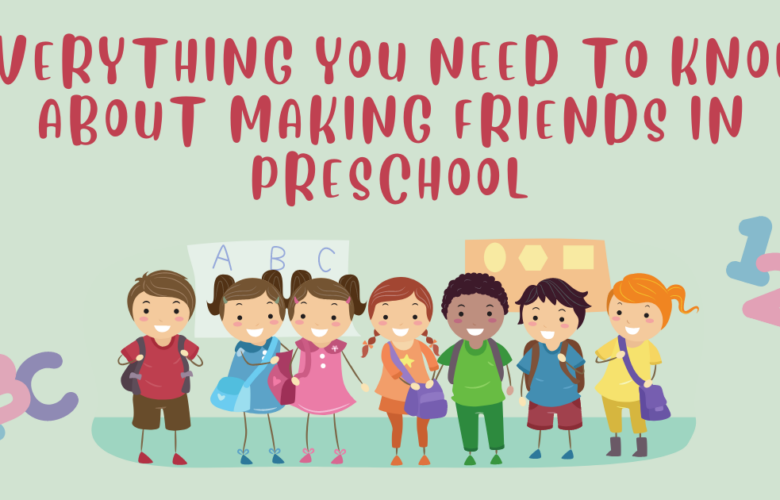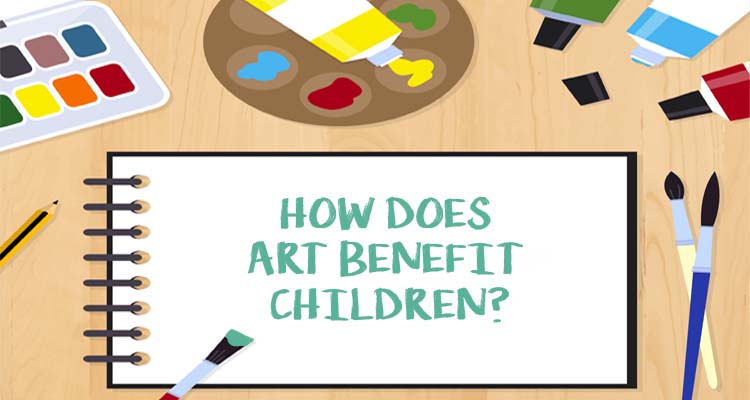Is your child starting preschool for the first time and you’re worried they aren’t making enough friends? Is your child not making friends as quickly as their older siblings did? Before we get into the details, let’s put your mind at ease. More than likely there is nothing to worry about and your child’s social skills will develop in due time. Keep reading to learn more about why you don’t have to worry, how you can help your child make friends, and some great places to go if you’re looking to introduce your child to more kids their age!
Should I Be Worried That My Child Doesn’t Have Enough Friends?
The short answer is most likely not! It’s important to remember that all children develop differently and at different speeds. What you consider to be lacking social skills could be attributed to slower development, a more reserved personality, or even expectations that are set too high. When looking at your preschooler it’s important to remember that their social life isn’t going to be as budding as a high schooler’s. You might expect your preschooler to have a large number of friends because they’re young and should become friends with anyone that is kind and fun to be around but that isn’t true! Firstly, young children don’t begin to form friendships in the way we define the word until around three years old. Additionally, preschool-aged children only need one or two good friends at this age. So while you may be worried about your child making friends, it’s important to consider all of these factors before you benign to worry about your child.
What Can Help My Child Make Friends?
If you’re still concerned about your child or want to make sure you’re providing positive support for their budding social skills, there are plenty of ways you can help your child develop the skills they need.
Teach Social Skills – A good first step to helping your child be more social is to teach them basic social skills. Go through the basics with your child like how to introduce themselves. Practice having them say “Hello my name is Joshua. What’s your name? Do you want to play with me?” Another area to practice is interactive social skills like sharing, taking turns, and using manners like saying please and thank you.
Support Independence – Giving your child the space to grow and explore on their own is very important! Encourage your child to take initiative when it comes to making friends. The first few times may be difficult but as they start to take initiative in introducing themselves to new people and having positive experiences with peers their confidence will continue to grow!
Be A Positive Role Model – Our children are always observing their parents, guardians, and adults they look up to. Utilize this by being a role model of positive social behavior. Make sure your children see you interacting with peers in a cooperative, respectful, and friendly manner. Allow them to witness your acts of kindness, empathy, and strong communication. These behaviors they witness will influence how they perceive and understand friendships.
Where Can My Preschooler Make Friends?
Preschool – The first and most obvious answer is their preschool! Creative Learning is a great palace for your child to meet other kids their age and start working on their social skills. Preschool is an ideal place to make friends because your child attends on a regulated schedule as do the other children. This allows for your child to be around the same children frequently and ease into friendship-making. Instead of having to frequently reintroduce themselves to new children, they can make their introductions and grow comfortable around the other children.
Libraries – Your local library is an excellent place for your preschooler to make friends. Local libraries often have events for young children throughout the month including storytimes. These events are great places to meet other children and parents in your area. Depending on the library, they may host other activities throughout the month that allow your child to interact with other kids their age and work on their social skills.
Local parks & playgrounds – This is a great way for your child to naturally be around other children of all ages. This can help them learn to interact with children that are older and younger than them while having fun outside. If you have a very shy child, this can be a way for them to dip their toe into being more social. If they express interest in playing with another child you can help encourage them in doing so, but don’t push too hard if they aren’t showing interest!



